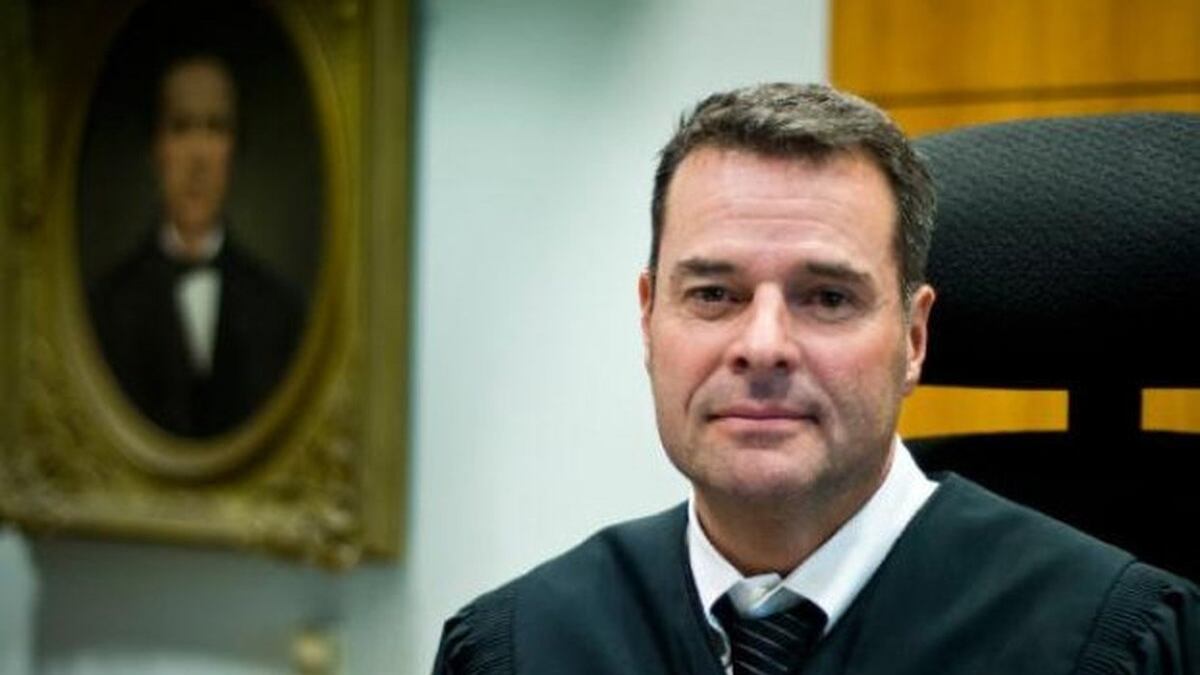U.S. District Court Judge Michael McShane is no stranger to the media.
In May 2014, McShane's ruling in the landmark case Geiger vs. Kitzhaber ended the prohibition on gay marriage in Oregon. McShane, who was appointed to the federal bench in 2012 by President Barack Obama, is the state's only openly gay federal judge.
State court judges, which McShane was in Multnomah County for 12 years before Obama promoted him, generally say little outside the courtroom. Federal judges are even less visible, hiding personalities and personal views behind their robes.
All that makes McShane's new essay about the first group of gay friends he made—and lost— in Portland in the 1980s in The Advocate all the more remarkable.
"We spent most of our nights (weekend or otherwise) drinking in whatever gay club was advertising the best drink specials," McShane writes. "On Sunday night it was 50-cent schnapps at Slaughters; on Monday it was two-for-one well drinks at the Embers. It went on like that all week in various venues where we and a hundred other budding alcoholics would meet and sometimes dance and sometimes talk and mostly try to get laid."
McShane describes an innocent era—long before he became a judge or even went to law school—free from worries about HIV.
"We imagined that we were competent and creative, that someday we would be successful, and that we would find the right man who was not the guy you blew in the bathroom stall the night before," he says. "Mind you, nobody was complaining about the drugs and the sex and all that, but we hated the fact that it seemed to be what drove our lives."
That all changed and the members of his book group, named after Alice B. Toklas, the author Gertrud Stein's lover, began falling one by one.
In short order, his three closest friends died.
"Sometimes I cannot bring myself to remember the life I lived as a young man and the faces of those four friends that shaped it," McShane writes. "The beauty, the vibrancy, the potential of it all — at times I collapse under its weight."

